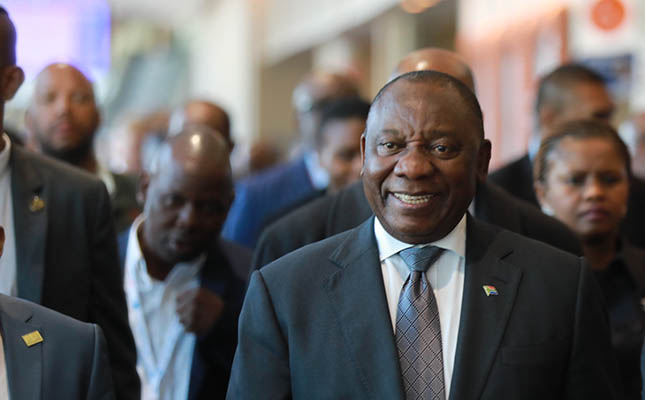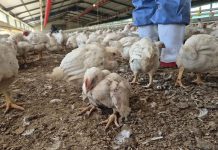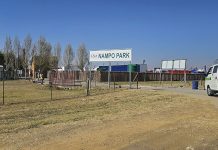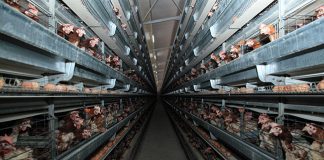
Photo: ITU Pictures
President Cyril Ramaphosa’s second State of the Nation Address (SONA) of the year in Parliament on Thursday has been met with some scepticism, with many analysts saying the address was big on dreams, but lacked the necessary detail on how he plans to fix the challenges facing South Africa.
DA leader Mmusi Maimane described Ramaphosa’s speech as “more recycled rhetoric and lacking plans to bring about the urgent change needed.” Freedom Front Plus leader Pieter Groenewald concurred.
“Regrettably, what will be done to save South Africa’s economy remains unclear. On top of that, any plans that are put forward will be of very little to no value as long as the dark cloud of the expropriation [without compensation] of property still looms over the economy.”
According to Louis Meintjes, TAU SA president, the plan to continue with expropriation without compensation was one of the most negative statements of the entire address.
“We hoped that the President would have confirmed that private ownership would be recognised and that expropriation without compensation would not take place. It would have sent out a positive message.”
He added that the threat of expropriation without compensation would continue to undermine investor confidence in South Africa.
In terms of economics, Meintjes said he thought it was not a good speech, and added that if a “mega-city and a fast train” were considered to be the solution to economic growth in South Africa, the country was in trouble.
Dawie Roodt, chief economist at the Efficient Group, told Farmer’s Weekly that nothing had been said in the address that would change things in South Africa within the next few months.
He added that he was not too concerned about expropriation without compensation.
“However, the significant danger is the mobs that are invading property and the police who are not doing their job to remove the people. The current political discourse creates the impression that it is a free-for-all and that people can take property and land for themselves.”
In a statement, Agbiz welcomed Ramaphosa’s recommitment to placing South Africa’s economic growth at the forefront of the sixth administration’s agenda, but expressed concern about a lack of clarity with regard to the land reform policy.
“While we like the tone of the President’s speech, we remain cautiously optimistic, as the challenges facing South Africa today will require a greater commitment to action than ever before. The focus must now be on the how, so providing detailed content to the broad policy direction and implementation will be key,” the statement said.










